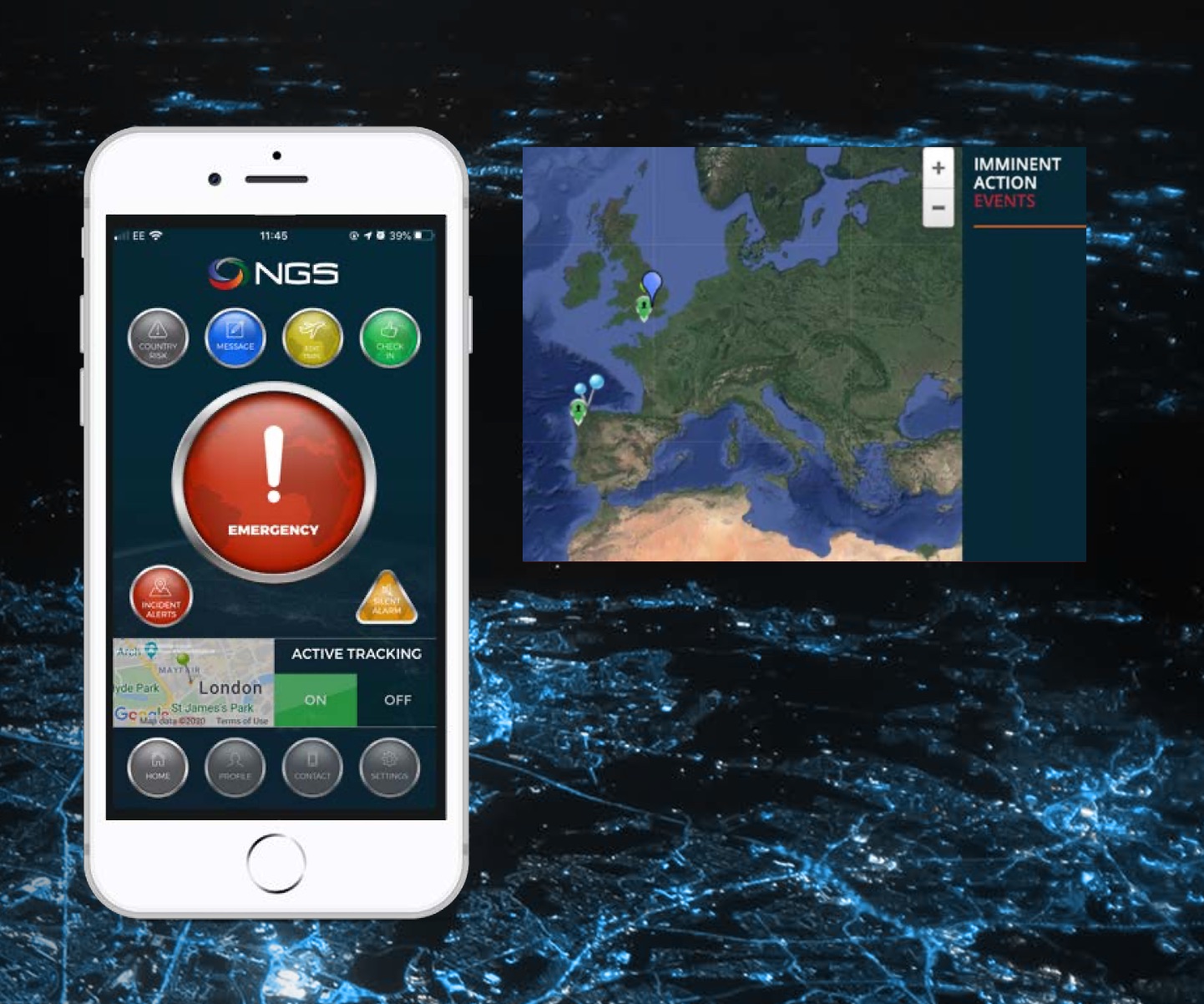Pre-travel Planning Considerations – Key Administration
All international travel requires careful planning. Consideration needs to be given to the administrative aspects of a journey, to ensure that staff are travelling to an environment in which they feel comfortable and secure enough to conduct their work.
After 18 months of restrictions and lockdowns, travel managers will be concerned about any recent deterioration in the quality of provisions and utilities in a destination country, particularly those relating to healthcare; many countries have seen their healthcare systems collapse under the weight of patient numbers. At the same time, a surge in travel may put increased pressure on accommodation provision and communications networks.
With the right preparation and planning, travel managers can ensure that their staff enjoy a journey without disruption or operational hindrances, ensuring their safety and the effective completion of their mission.
Accommodation
There are many reasons to choose a particular hotel: convenience, cost and access to parking, business resources or leisure facilities. Selecting and booking a hotel should also take into account the gender, ethnicity, age, health and risk tolerance of the traveller, as different areas of a city may pose different threats or offer different facilities. With petty crime likely to increase in many countries in the wake of COVID restrictions, the security of accommodation should now become an even more important acknowledgement, in which the following should be considered:
Completion of a hotel assessment if in a high-risk area. This can be done at one of three levels – full (consultant visit and report), partial (consultant remote) or low-level (area vulnerability report and local / industry recommendation).
Owner / brand of the hotel. Some hotels owned by commercial figures may attract demonstrations or unwanted attention based on ongoing news stories. Hotels owned by political or military figures may hold state functions that attract attention from the media, adversaries or demonstrators.
Local area. Consulates, embassies, UN offices, military garrisons, police headquarters and large corporate facilities may all attract unwelcome attention, particularly if any of them have recently been in the media. The risk of civil unrest has increased in many countries since the pandemic, and national government buildings and ministries may also be particular targets for protests.
Communications
A necessity of the modern working environment is the ability to communicate with one’s employers and clients without delay or obstruction. The following should be considered to mitigate the risk of losing contact with key personnel:
Type of device. Consider what communications access will be required in country, appropriate for the task and agenda of the trip. This may range from a basic mobile phone with basic texts and calls, to a satellite phone, to internet access, to a VHF radio capability, or something that could guarantee secure comms. A different device will be required depending upon the geography and infrastructure of the region, and the journey may necessitate more than one type, with the use of one device as a back-up support network.
Power. Consider the appropriate recharging solutions for each device. Lengthy journey durations, insufficient local power output or well-used / outdated devices could all contribute to a failure in communication capacity.
Political environment. Be aware of the political and economic climate within the destination country, particularly any developments since the pandemic. It is routine in some politically unstable countries to deny access (unannounced) to mobile phone networks and the internet. Some travellers may have their calls routinely monitored by state security agencies. Intentional power cuts are also not unusual. In this environment, the use of a satellite phone as a back-up may be worth considering.
Medical
Most travellers need to consider their own medical conditions, and most travel destinations experience particular health threats that should be considered in any travel planning. At the same time, COVID-19 has impacted different regions to varying extents, but travellers should be wary of official statistics, as many countries with the lowest number of reported cases also have the lowest number of recorded test results. Importantly, standards of healthcare vary across the world, many have been overwhelmed by cases of COVID-19, and travellers should know what they can expect.
Vaccines. Ensure recommended vaccinations are up to date, and that sufficient time has been allowed for the immune system to build up the necessary resistance (as directed by a doctor). Understand which COVID-19 vaccines are accepted as legitimate in which countries (for instance, EU countries do not acknowledge the vaccines from Russia and China).
Prescription medication. Travellers should check if their medication is legal in their destination country – there have been instances of travellers being arrested for bringing controlled or banned meds into a country. They should bring enough medication for the duration of their trip, and must travel with a valid prescription letter from a doctor in case additional medication is needed.
Local healthcare. Upon arrival in any new location, travellers should familiarise themselves with the location of the nearest hospital, and the best access route there. In advance, travellers should check online reviews to have a realistic understanding of the standard of treatment that can be expected.
Correct insurance. Employers should make certain that travellers are appropriately covered under their insurance policy for the potential medical occurrences that relate to the destination environment and the traveller’s own state of health.
Medical evacuation. Employers should make sure that travellers have access to emergency medical evacuation in the territory in which they are travelling.
NGS Support
These considerations are by no means exhaustive. They can be expanded according to an employer’s own risk appetite, and the advice of in-country security providers. Northcott Global Solutions is an international global assistance company that provides:
– Journey management planning
– Risk management
– Security support (including PPE)
– 24/7 tracking
– Emergency evacuation
– Remote medical support
Contact: security@northcottglobalsolutions.com
